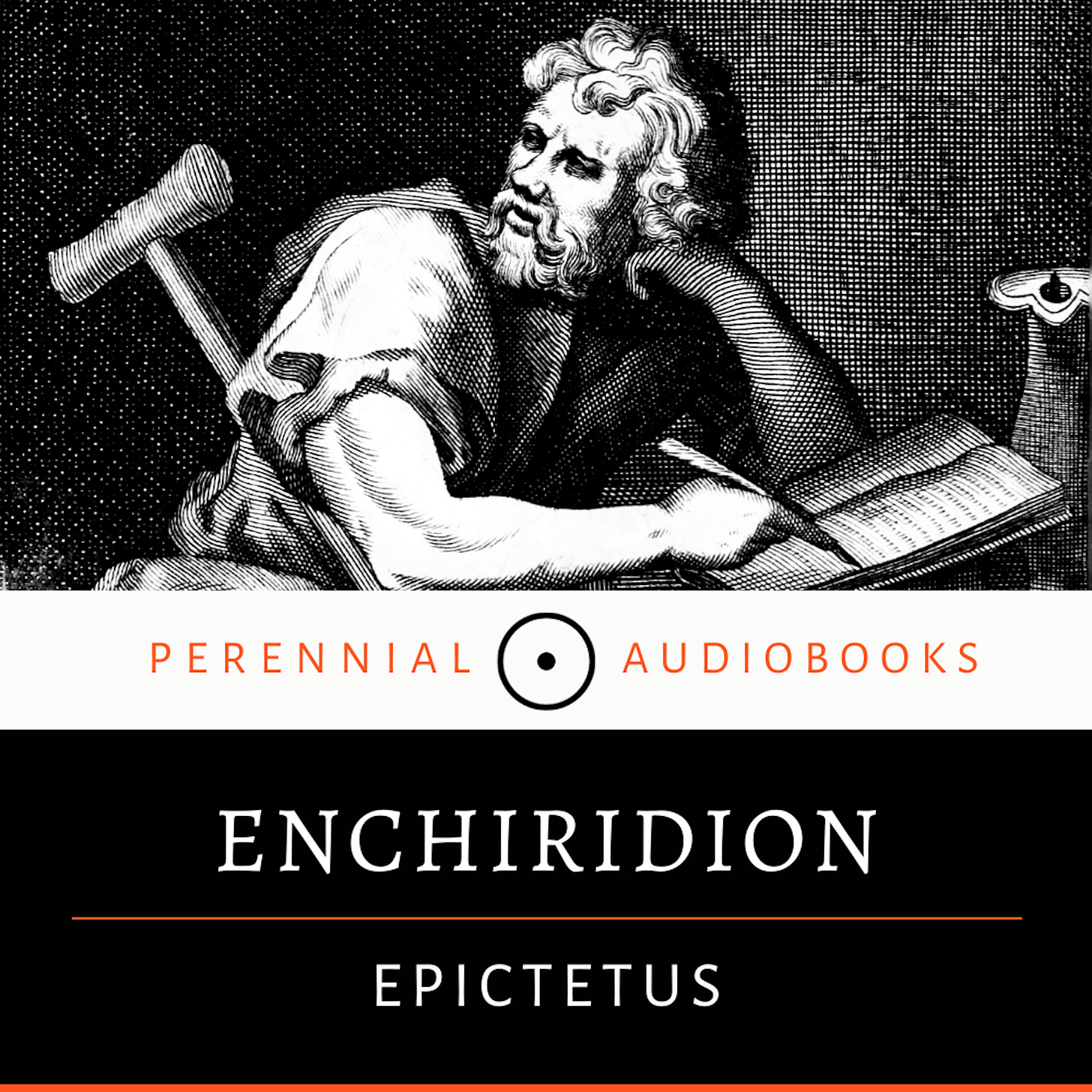Sundays with Seneca
Welcome to Sundays with Seneca on the Perennial Meditations podcast. Join the search for ancient lessons on the art of living from Lucius Annaeus Seneca's writings and Stoic philosophy.
Today’s meditation is available to all subscribers. Consider becoming a paid member to support the mission and gain full access to our meditations, podcasts, courses, and audiobooks on the art of living.
The Stoic Manual for Living
Pardon the interruption from our regular Sundays with Seneca series. Today, I’m sharing a selected reading from what is often referred to as The Stoic Manual for Living or Enchiridion by Epictetus. It’s part of a new project I’ve been working on called Perennial Audiobooks, intended to deliver audio productions of ancient philosophical and spiritual writings. Perennial Audiobooks is a private feed exclusively for members of the Perennial Meditations newsletter.
The Enchiridion by Epictetus
This short book is a distillation of Epictetus's teachings produced by his pupil Arrian, who collected and published the master's lecture notes. It’s an instruction manual for life full of practical advice for modern living.
The opening passage reads as follows,
There are things which are within our power, and there are things which are beyond our power. Within our power are opinion, aim, desire, aversion, and, in one word, whatever affairs are our own. Beyond our power are body, property, reputation, office, and, in one word, whatever are not properly our own affairs.
Now the things within our power are by nature free, unrestricted, unhindered; but those beyond our power are weak, dependent, restricted, alien. Remember, then, that if you attribute freedom to things by nature dependent and take what belongs to others for your own, you will be hindered, you will lament, you will be disturbed, you will find fault both with gods and men. But if you take for your own only that which is your own and view what belongs to others just as it really is, then no one will ever compel you, no one will restrict you; you will find fault with no one, you will accuse no one, you will do nothing against your will; no one will hurt you, you will not have an enemy, nor will you suffer any harm.
Aiming, therefore, at such great things, remember that you must not allow yourself any inclination, however slight, toward the attainment of the others; but that you must entirely quit some of them, and for the present postpone the rest. But if you would have these, and possess power and wealth likewise, you may miss the latter in seeking the former; and you will certainly fail of that by which alone happiness and freedom are procured.
Seek at once, therefore, to be able to say to every unpleasing semblance, “You are but a semblance and by no means the real thing.” And then examine it by those rules which you have; and first and chiefly by this: whether it concerns the things which are within our own power or those which are not; and if it concerns anything beyond our power, be prepared to say that it is nothing to you. […]
—
Thank you for reading/listening; I hope you found something useful.
Until next time, be wise and be well,
J.W.
P.S. Members will receive instructions on how to gain access to Perennial Audiobooks in the coming days!
















The Stoic Manual for Living